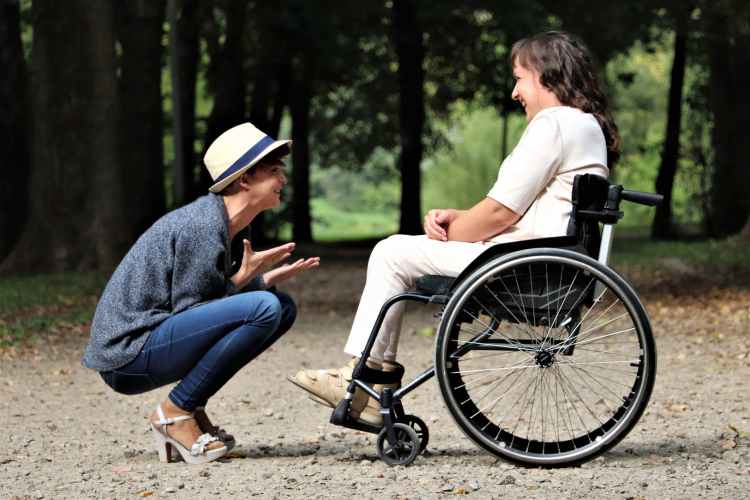Compassion Fatigue
Compassion fatigue and other associated conditions – secondary traumatic stress, PTSD, and vicarious trauma – can create adverse affects and symptoms in our lives.
It is generally agreed, that while there is no quick cure for compassion fatigue, learning and practicing authentic self care and adopting new life skills are the pathways toward self-directed as opposed to other-directed living.
Trauma Assist provides education, coaching and information to enable those who are feeling overwhelmed to regain control and adopt a positive, self-directed approach to self care and life.
Signs of Compassion Fatigue
- Feelings of anger, irritability, sadness and anxiety
- Feeling detached from your surroundings or from our physical or emotional experience
- Feeling emotionally, psychologically or physically exhausted, burnt out or numbness
- Reduced empathy
- Feeling hypersensitive or insensitive to stories we hear or to emotional material we might hear or see
- Limited tolerance for stress.


- Constant thinking or dwelling around the suffering of the trauma survivors
- Constant self-blame or thoughts of “I should or could have done more
- Changes in belief systems (such as belief about self, others, world, future) or meaning in life
- Reduced sense of personal and occupational accomplishment or efficacy
- Difficulty concentrating, focusing or making decisions.

- Nausea, dizziness, headaches
- Difficulty sleeping and nightmares
- Being tense, agitated and on edge.
- Self-isolation and withdrawal
- Poor coping such as self-medicating and increase in substance use
- Relationship conflict
- Feeling less efficient or productive at work
- Reduced pleasure in activities we used to enjoy and reduced work satisfaction.

